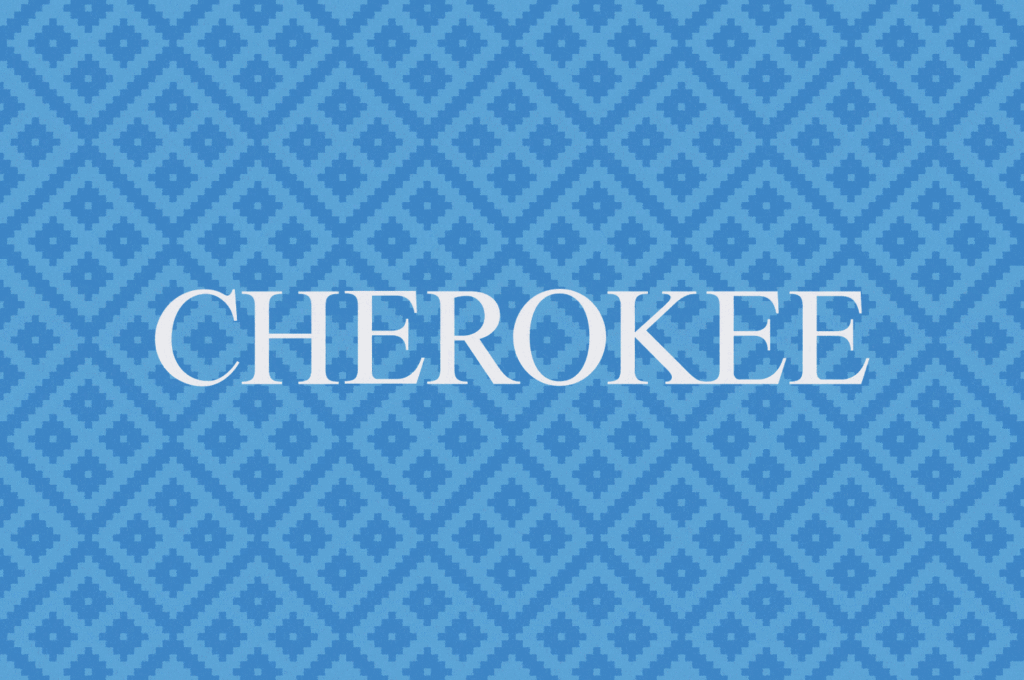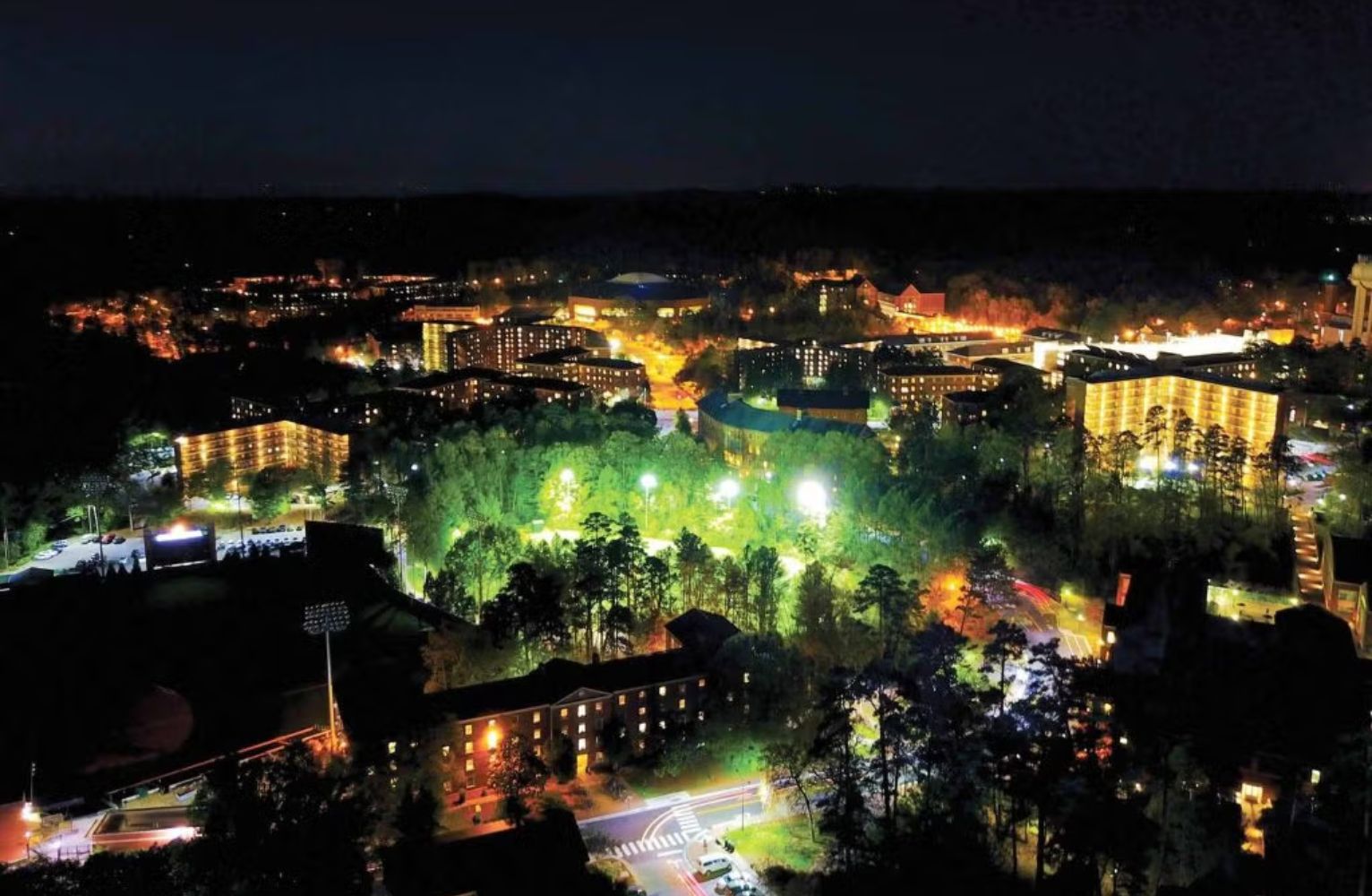 As a result of systemic oppression, there are fewer than 200 native Cherokee speakers in North Carolina. To keep the language alive and pass it to the next generation, UNC-Chapel Hill researcher and Eastern Band Cherokeean citizen Benjamin Frey has teamed up with computer scientists Mohit Bansal and Shiyue Zhang to create a new translation model and grow the literary library of works available in Cherokee.
As a result of systemic oppression, there are fewer than 200 native Cherokee speakers in North Carolina. To keep the language alive and pass it to the next generation, UNC-Chapel Hill researcher and Eastern Band Cherokeean citizen Benjamin Frey has teamed up with computer scientists Mohit Bansal and Shiyue Zhang to create a new translation model and grow the literary library of works available in Cherokee.
“Cherokee is a language that I didn’t inherit from my mother because of the violence that my grandmother was subjected to at federal boarding schools,” Benjamin Frey says. “She was beaten for speaking the language and had her mouth washed out with soap, so she didn’t pass the language on because she didn’t want anybody else to be treated that way.”
While there are upwards of 2,000 speakers globally, most in Oklahoma, there are fewer than 200 native Cherokee speakers left locally. And Frey, a professor in the American studies department, wants to change that.
Most recently, he teamed up with computer science researchers Mohit Bansal, John R. & Louise S. Parker Associate Professor in the Department of Computer Science and Shiyue Zhang – a fourth year PhD student in the Department of Computer Science – to create a new translation tool similar to Google Translate. They hope the tool is eventually accurate enough to translate entire novels, providing children in immersion schools with popular children’s literature like the “Harry Potter” series in Cherokee.
“People are sacred just as they are. They don’t need to think like you do or be like you to be acceptable,” Frey says. “These people never should have been taken away from their homes and beaten for speaking their language. That was a massive wrong perpetuated against indigenous people. [Cherokee] preserves our identity as a unique people and connects us to our personas, our heritage, our ancestors.”
Read the complete Carolina Story
Related Stories

 As a result of systemic oppression, there are fewer than 200 native Cherokee speakers in North Carolina. To keep the language alive and pass it to the next generation, UNC-Chapel Hill researcher and Eastern Band Cherokeean citizen Benjamin Frey has teamed up with computer scientists Mohit Bansal and Shiyue Zhang to create a new translation model and grow the literary library of works available in Cherokee.
As a result of systemic oppression, there are fewer than 200 native Cherokee speakers in North Carolina. To keep the language alive and pass it to the next generation, UNC-Chapel Hill researcher and Eastern Band Cherokeean citizen Benjamin Frey has teamed up with computer scientists Mohit Bansal and Shiyue Zhang to create a new translation model and grow the literary library of works available in Cherokee.

